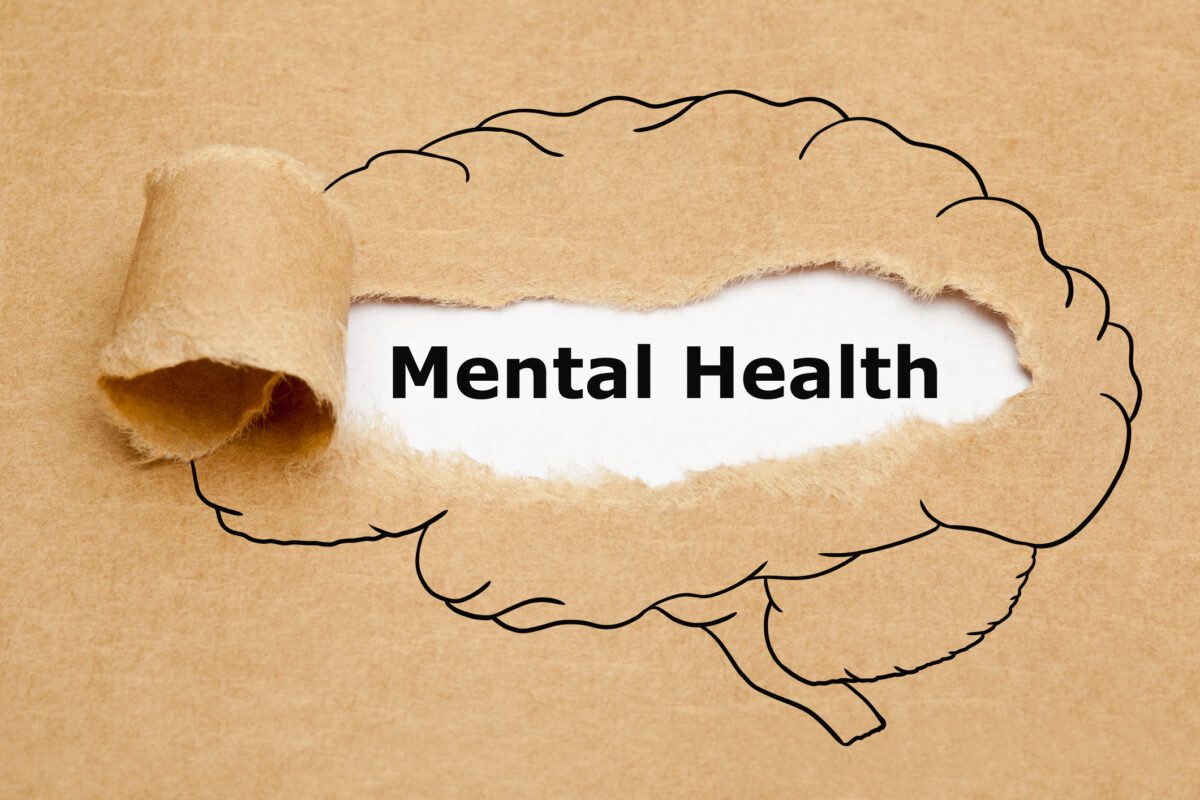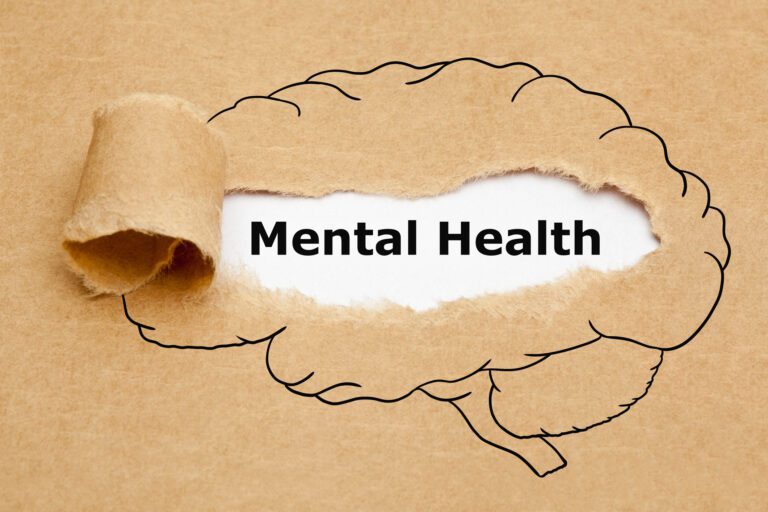There is a complex and interconnected relationship between eating disorders and suicide, although it’s important to note that not everyone with an eating disorder will experience suicidal thoughts or behaviors. Both eating disorders and suicide risk are serious mental health concerns, and understanding their connection can help in early intervention and support for individuals struggling with these issues.
Here are some key points highlighting the connection between eating disorders and suicide:
- Psychological Distress: Eating disorders, such as anorexia nervosa, bulimia nervosa, and binge-eating disorder, often involve distorted body image, low self-esteem, and intense feelings of guilt, shame, and worthlessness. These negative emotions can contribute to a person’s vulnerability to suicidal thoughts.
- Co-Occurrence: Research has shown that individuals with eating disorders are at a higher risk of suicidal ideation (thoughts of suicide) and suicide attempts compared to the general population. The risk is especially elevated in severe cases and when co-occurring mental health conditions like depression or borderline personality disorder are present.
- Physical Health Consequences: The physical consequences of severe eating disorders can be life-threatening. As an individual’s health deteriorates due to malnutrition or other complications, they may experience hopelessness and see suicide as a way to escape their suffering.
- Social Isolation: People with eating disorders may isolate themselves socially due to their preoccupation with food, weight, and appearance. This isolation can exacerbate feelings of loneliness and despair, increasing the risk of suicide.
- Coping Mechanisms: Some individuals may use self-destructive behaviors, including self-harm or suicide attempts, as a way to cope with the emotional distress and inner turmoil associated with eating disorders.
- Gender Disparities: Eating disorders and suicide risk can affect individuals of all genders, but there are gender disparities. For example, women are more likely to be diagnosed with eating disorders, while men have a higher rate of completed suicides. However, suicide attempts may be more common among individuals with eating disorders of any gender.
- Treatment Implications: Integrated treatment approaches that address both eating disorders and the underlying psychological issues are crucial in reducing suicide risk. This may involve therapy, medication, nutritional counseling, and support from healthcare professionals.
If you or someone you know is struggling with an eating disorder or exhibiting signs of suicidal thoughts, it is essential to seek help immediately. Reach out to a mental health professional, therapist, counselor, or a helpline such as a suicide prevention hotline. Early intervention and appropriate treatment can make a significant difference in improving the mental health and well-being of individuals facing these challenges.













